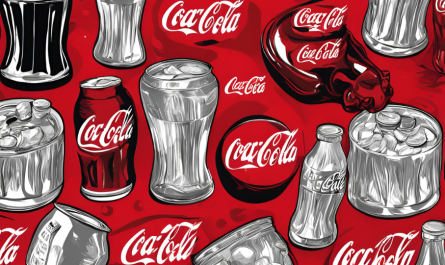Last week was special in many ways, first, Amsterdam showed itself unusually sunny for February and second, we hosted the largest Qualitative360 Europe conference yet. The conference was a two-day long buzz filled with great presentations from around the world, surprising food samples (more on that later) great discussions and catching-up with many familiar faces from the qual community. Here are some of my highlights and key take-aways.

Starting out with a bold claim that consumers think they are very unique and different from each other, but in fact think and act similarly around the world, General Mill’s Irem Ataibis Erdem set out what continued to be an underlying theme of many presentations. Consumers may not always know what they want, feel or think – or at least have difficulties expressing what they truly think and believe.
Well, lucky us, qualitative research, in this case the use of online communities, can help not only getting deeper into consumers minds but also uncover similarities between regions and cultures. Using the example of Mexican food consumption discussed in an online community across 6 different countries, General Mills discovered great commonalities between motivation and barriers for consumption. This eventually helped the company to strengthen its brand messaging and focus.
Contrasting the perspective from General Mills, Elina Halonen, a cultural psychologist with Irrational Agency, showed distinctive cultural differences and highlighted how our decision-making processes produce bias. Some of these can be explained easily by better understanding local context, for example the fact that Finns are not generally all rude, but simply have no word for “please” in their Finish language.
Halonen also pointed out that almost all psychology is WEIRED (Western Educated Industrialised Rich Democratic) and thus may not very well applied to other cultures. How do you research colour in a language that doesn’t have a word for the colour blue, or only one word for yellow and orange? While the (researcher’s) universe is full of bias, the good news is that cultural awareness and the development of new methodologies and disciplines such as behavioural economics can help overcome these.

Maybe new technologies such as Virtual Reality are part of the solution. Sabine Thermann from GIM used the example of car clinics to demonstrate how VR can immerse consumers in real life situation while providing a stimulating and fun environment – with almost no side effects. Summarizing the pro’s and con’s of using virtual reality for market research, Thermann concludes that while it is not the holy grail, it is a very useful new addition to a researcher’s toolbox.
“So what about the food?”, you ask. Arla Foods undertook a detailed study to better understand the role of emotions in relation to food choices. Echoing the challenges outlined earlier, Maria Kümpel Nørgaard highlighted the complexity of emotions and the challenge in linking them with food. Having evaluated a number of different approaches, Kümpel Nørgaard recommends a new iterative approach, combining qual and quant, verbal and non-verbal angles paired with the use of digital channels as well as co-creative exercises.
“So what about the food?”, you still ask. Well, there were English Scones, courtesy of Breaking Blue, Kenyan Honey, courtesy of Safaricom and – the taste highlight(?) of the event – edible insects in the shape of chocolate coated worms, presented by the Swedish Moderators. According to the UN, insects will be an important protein source in the future, so the Swedish Moderators tested acceptance in a study with young adults. It certainly was my first experience eating insects – and if you can get over the visual part, a tasty one!

Stay tuned for part two of our Qualitative360 highlights including a closer look at the evolution of online communities, artificial intelligence, chatbots and trend analysis.
Editor’s note: The North America edition of Qual360 conference will be held on April 5-6 at Gallup headquarters in Washington D.C. Visit: http://na.qual360.com to find out more!









 by
by 

